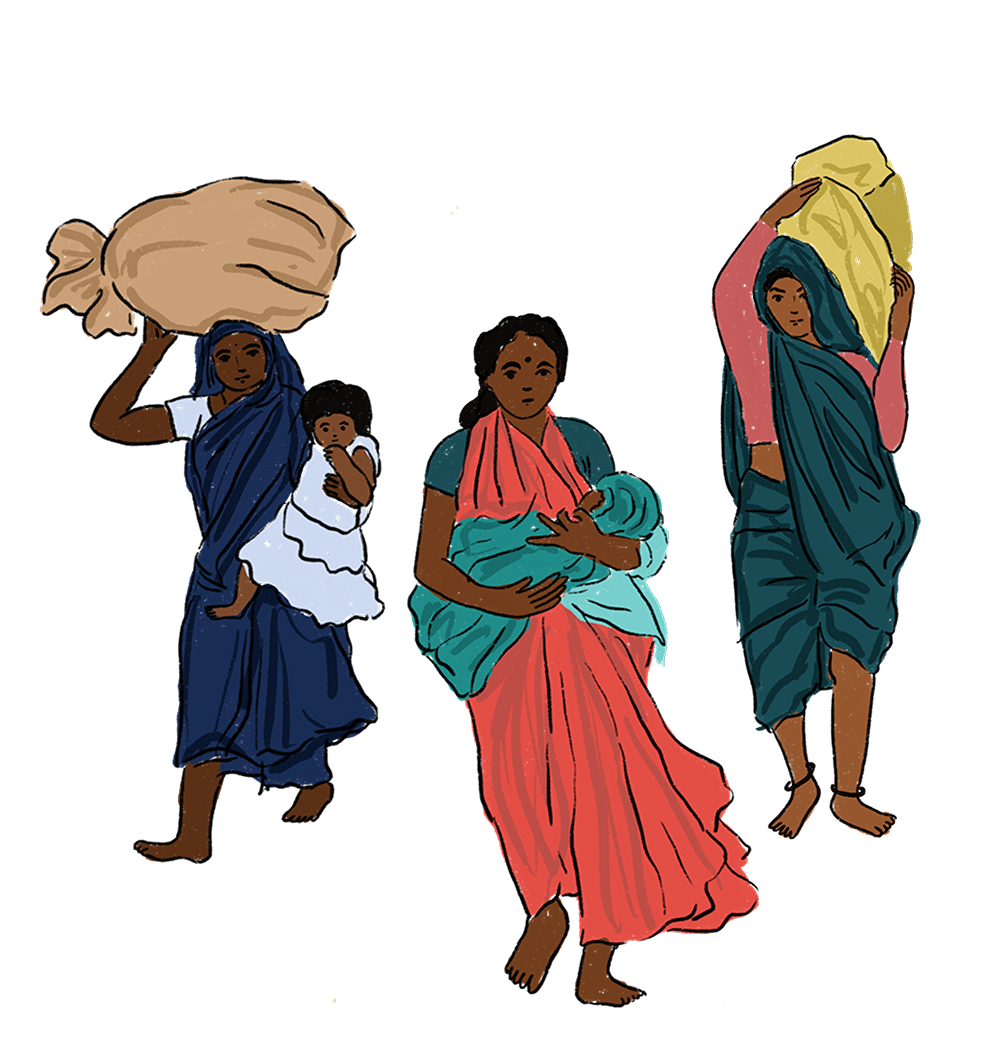ICRW Report: COVID – 19 & Women in Informal Work in India
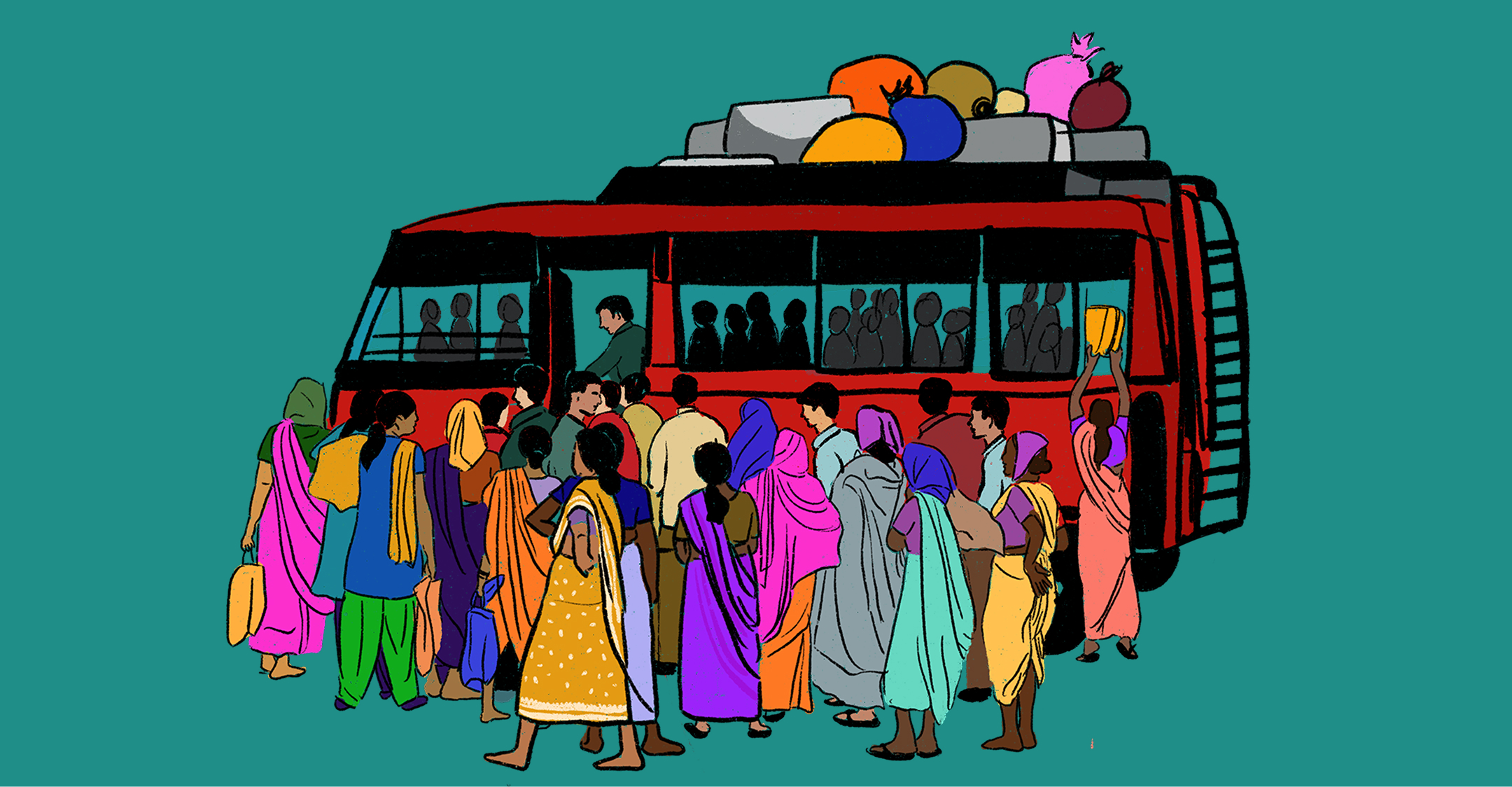
Client
Relationship
Since 2022
Services
Unveiling the Struggles
What we set out to do

COVID-19's Socioeconomic Impact on Vulnerable Populations
The COVID-19 pandemic has wrought a global socio-economic crisis, with profound implications for the well-being of individuals, households and communities. It has further deepened existing social inequalities, heightened the risks for gender-based violence (GBV), and limited the access to health services, including sexual and reproductive health among marginalized groups.
As countries move to mitigate the health threats of the COVID-19 pandemic, immediate policy action has often led to large economic and social costs that are majorly borne by vulnerable and low-income populations, among whom women are the most affected.

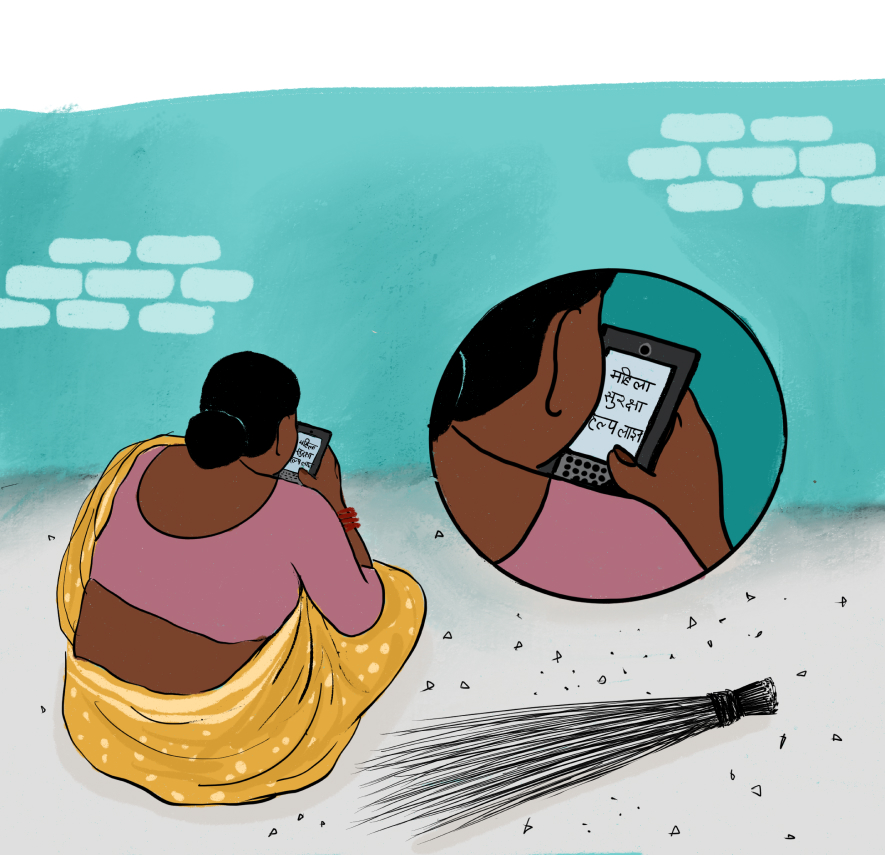
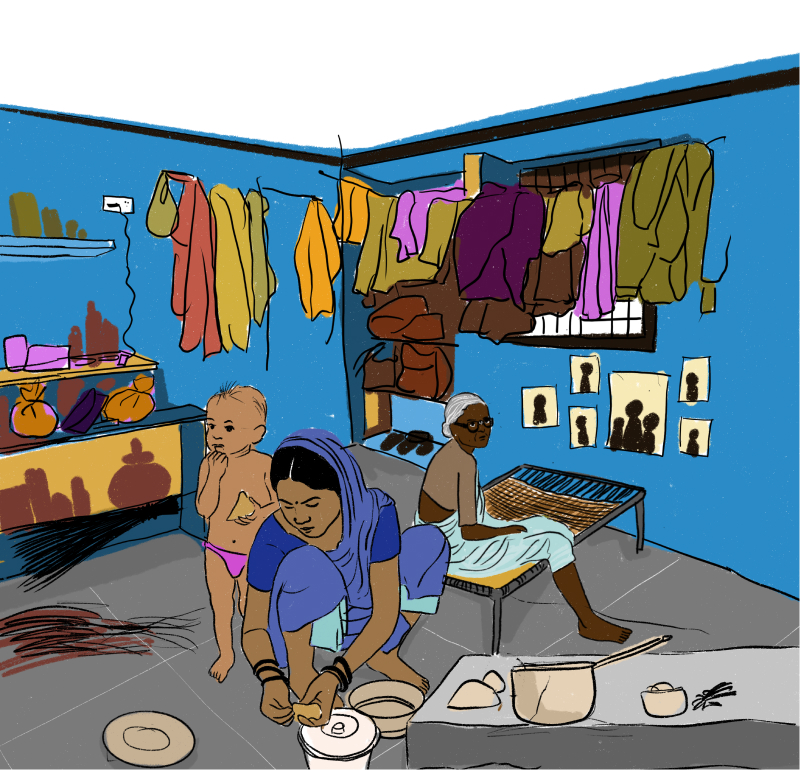
Gender inequity lies at the root of every major problem the world faces. And so gender must inform every solution, from creating sustainable business practices to expanding opportunities for youth, to addressing the ever-changing health challenges globally
While most surveys have documented the relative disadvantage of migrant households in being able to access public safety nets, either in the villages of their origin or destination cities, due to a lack of identification documents or non-registration as workers or simply a lack of information.
This report is centred around women, whose nature of occupation and gendered access to entitlements makes them doubly vulnerable. There is no doubt that lives have to take precedence over livelihoods. However, in an economy where the informal sector is large (with 93 percent of the total workforce being informal), extended lockdowns mean that migrant workers cannot protect their livelihoods. For them, this is a matter of not just livelihood but basic survival. Furthermore, much of the discourse on the urban informal worker (often a migrant) being pushed out or marginalised by the COVID-19 policy response has failed to take into account the gendered dimensions of impact.

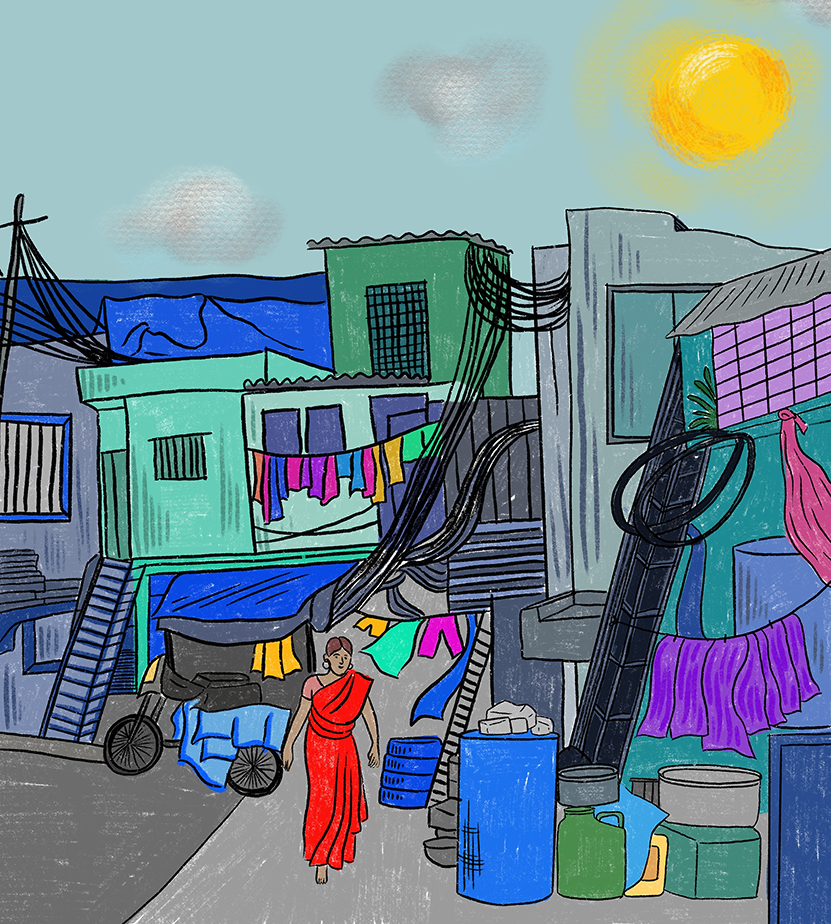
While most surveys have documented the relative disadvantage of migrant households in being able to access public safety nets, either in the villages of their origin or destination cities, due to a lack of identification documents or non-registration as workers or simply a lack of information.
This report is centred around women, whose nature of occupation and gendered access to entitlements makes them doubly vulnerable. There is no doubt that lives have to take precedence over livelihoods. However, in an economy where the informal sector is large (with 93 percent of the total workforce being informal), extended lockdowns mean that migrant workers cannot protect their livelihoods. For them, this is a matter of not just livelihood but basic survival. Furthermore, much of the discourse on the urban informal worker (often a migrant) being pushed out or marginalised by the COVID-19 policy response has failed to take into account the gendered dimensions of impact.
